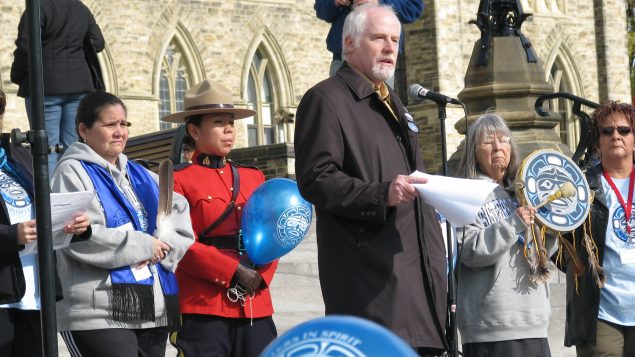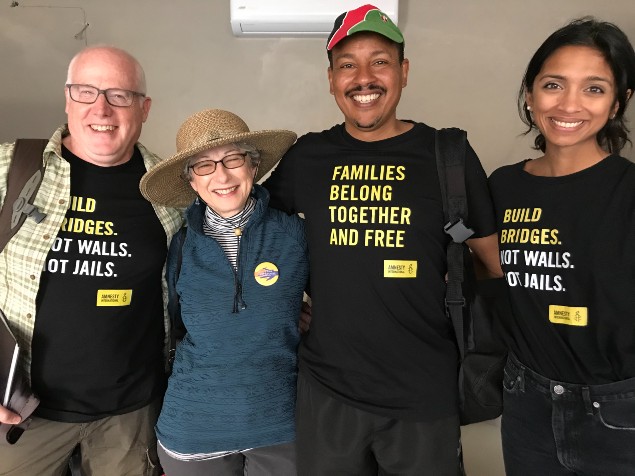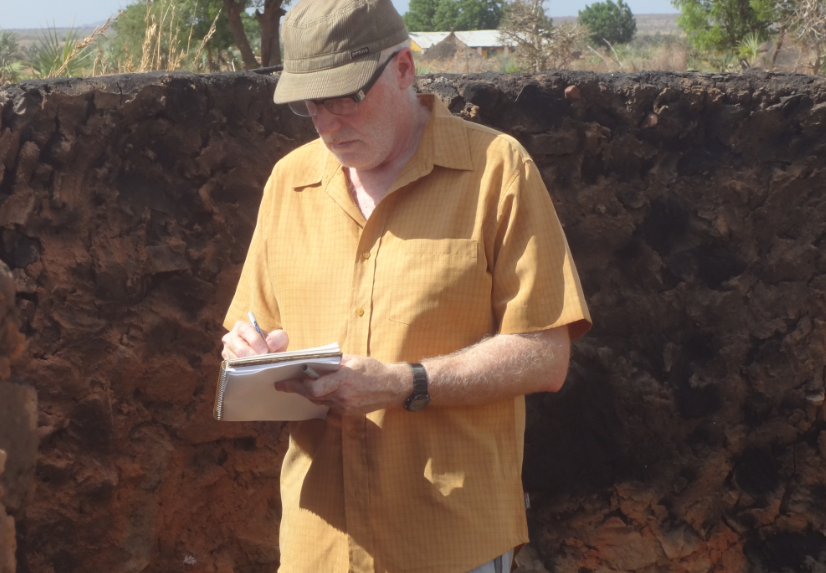Alex Neve has seen first-hand the effects of mass atrocities in Darfur, South Sudan and the Rohingya crisis, but he has also seen incredible courage and persistence of people who have stood against injustice. Neve just retired as secretary general of Amnesty International Canada after serving more than 20 years with the organization. Neve is a lawyer by training.
‘Deceit, negligence, intentional wrongdoing’
In his early years with Amnesty, he was captivated by the realization that Canada too has its own “shortcomings and failures” when it comes to human rights. In 2002, Canadian citizen Maher Arar was travelling home from visiting family in Tunisia when he was detained at a New York airport on suspicion of being a member of the terrorist group, al-Qaeda. He was held for 12 days by U.S. authorities, then was secretly transferred to Syria where he was imprisoned in inhumane conditions, repeatedly interrogated and tortured for almost a year.
‘Canada, the good guy…needed to be questioned’
He was never charged, and after he was released and returned to Canada, Amnesty International and many other groups lobbied hard for a public inquiry. Arar was cleared of all suspicions and was given a multi-million dollar award in compensation. “There was deceit. There was negligence. There was intentional wrongdoing,” said Neve. “It was a powerful moment for me to recognize that we had to be honest with ourselves about Canada, that the easy narratives of Canada, the good guy, Canada, the land of human rights, needed to be questioned and unpacked. There was an incredible journey in his case and then, other similar cases.”

As head of Amnesty International Canada, Alex Neve addressed a 2008 rally in front of Canada’s Parliament buildings to draw attention to the hundreds of missing and murdered Indigenous women and girls. (Amnesty International)
Facing ‘staggering…violence and discrimination’ against indigenous women and girls
Neve came face to face with Canadian injustice again in his work with Indigenous peoples. Specifically, Amnesty International Canada did some deep digging into what Neve calls “the staggering crisis of violence and discrimination” against Indigenous women and girls and issued a report called No More Stolen Sisters in 2004. It continued working on the issue and in 2014 the national police, the RCMP, released a report which found that 1,017 Indigenous women and girls were murdered between 1980 and 2012. That amounted to a homicide rate at least four times higher than that faced by other women in Canada.
“I remember that very early on, one of the key Indigenous women leaders we were working with said, ‘If you go down this journey with us you will realize there is not a single Indigenous person in this country who doesn’t have a story, a story of their aunt, their grandmother, their daughter, their sister, not a single one,’” recalled Neve. “Eventually Canada did wake up to this, did realize there was a reckoning that was needed and we saw the national inquiry and other initiatives. And we still have far far far to go.The government has still not lived up to its promise to develop a national action plan in response to the national inquiry for instance.”

Alex Neve was buoyed by a meeting between Amnesty International colleagues and activists from ‘Angry Aunts and Grandmothers’ in Matamoros Mexico in late 2019. (AAmnesty International)
‘Incredible moments of people power’
At the international level, Neve acknowledged “a despairing landscape” with so many countries immersed in conflict and country leaders who seek to “deepen divisions, spread hate, and make political points off bigotry, racism and misogyny.” There is real heartache in all of that he said, but he also sees “incredible incredible moments of people power, people pouring into the streets, taking over the digital space” to stand up to oppression. He gives the examples of Hong Kong, Chile and Myanmar and is inspired by some of the stories that don’t make headlines such as “the incredible courage of women in Sudan two years ago who for weeks stood up to the power military. They endured terrible instances of violence and killings, and toppled a cruel military leader who had been responsible for mass humans rights violations. (This happens) simply because of people showing up and refusing to go away.”

Alex Neve documented human rights violations following Sudanese military bombardment in Nuba Mountains of South Kordofan, Sudan in May 2015. (Amnesty International)
‘Amidst unspeakable tragedies…incredible inspiration’
And this, said Neve, is what sustains him: “Amidst unspeakable tragedies, the incredible inspiration that I have found from front line activists who are …leading efforts beyond simply survival, to rebuild, to pursue accountability, to speak out and ensure human rights violations come to an end. (It’s) how people don’t give up, how people find courage where I couldn’t imagine being able to find it. Their belief in the possibility of change even amidst situations of mass atrocities and the sense of community and connectedness that fuels those efforts. I have seen and been uplifted by it in every corner of the world.”
Plans to expand into global South
Amnesty International began in 1961 with a single focus of campaigning for the release of prisoners of conscience. Neve noted that it’s mission evolved to cover the entirety of universal human rights– equality, non discrimination, refugee issues, right to health, education and more. Methods have changed dramatically. The organization is known for deep research to get at the truth and then speak that truth to the world, and demand accountability. Now, Neve said, mobilizing and campaigning has become essential and while Amnesty International began and expanded in the global North, it must now “ensure that growth continues and explodes in the global south.”
As for Neve, he is now teaching law students to “not only refrain from setting back human rights but to advance human rights at every turn possible.”







For reasons beyond our control, and for an undetermined period of time, our comment section is now closed. However, our social networks remain open to your contributions.